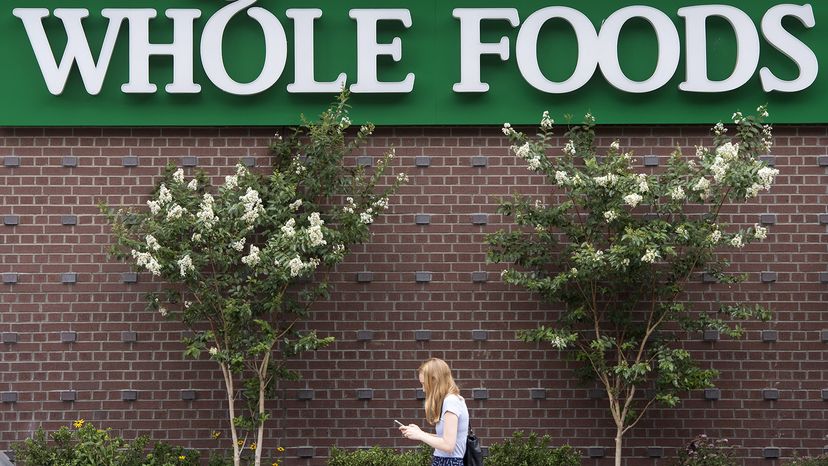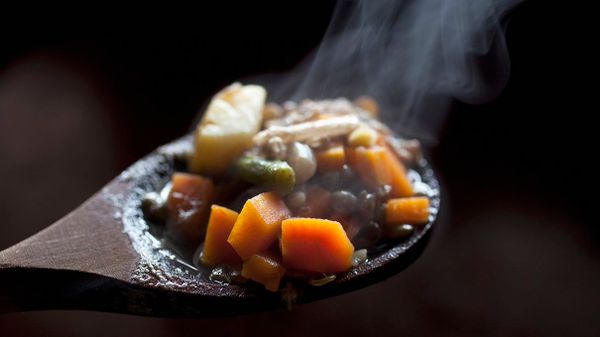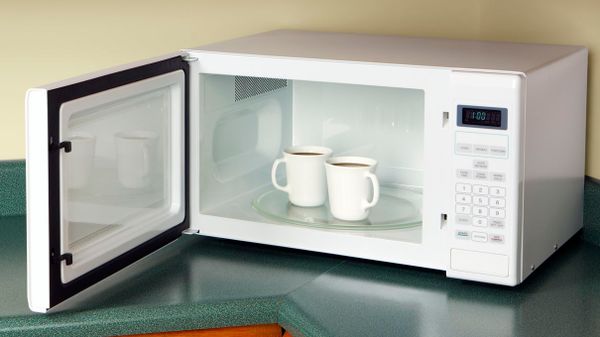Research that might help more positively indicate a link between what people eat and drink and how they vote continues to be hard to come by. But there's some out there that furthers the debate.
In 2014, Experian Marketing Services polled 27,000 Americans on the restaurants they like and their political leanings. It turns out that liberals preferred these chain places:
- California Pizza Kitchen
- Romano's Macaroni Grill
- Ruth's Chris Steak House
- On the Border
- P.F. Chang's China Bistro
While conservatives went for these:
- O'Charley's
- Cracker Barrel
- Hometown Buffet
- Papa Murphy's
- Longhorn Steakhouse
Liberals liked these fast-food joints ...
... while conservatives craving fast food went for:
- Krystal
- Whataburger
- Schlotzky's
Now, what to make of all that? What to make of Yakovlev's research?
For the restaurants, it's important to note that regional influences have at least something to do with the results. California Pizza Kitchen started in a liberal state. O'Charley's and Cracker Barrel are concentrated in conservative states. Others suggest that restaurants with "ethnic" menus tend to trend liberal — Au Bon Pain has a French name, and Chipotle and Qdoba serve Mexican fare — while more traditional "American" menus (burger places Krystal and Whataburger, sandwich joint Schlotzky's) bend conservative.
Again, this doesn't mean that everybody who eats in a Cracker Barrel is a card-toting Republican, or that a conservative can't enjoy a fine meal at P.F. Chang's. But it's more food for thought.
Yakovlev offers three theories about why people of the same political persuasion may gather in the same-type restaurants, eat the same food, drink the same way, even shop at the same supermarket.
One is a theory of conformity: People want to hang out with people who think like they do. And they see certain types of restaurants (or supermarkets) as catering more to "their" people.
Two is a theory of expressive voting: "It's the idea that we as individuals enjoy expressing beliefs and have others observing them," Yakovlev says. "That gives us some form of gratification." If, as happened in 2012 with the fast-food chain Chick-fil-A, a restaurant is labeled as being liberal or conservative (Chick-fil-A's management came out with statements against same-sex marriages and supported organizations that were not friendly to LGBTQ rights), those who agree with those viewpoints will eat there to show solidarity. It's the same idea behind "Make America Great Again" caps and "Resist" bumper stickers.
Three is confirmation bias, which theorizes that people will seek information that confirms their way of thinking. If you're liberal and you pull into a Chipotle and see a bunch of "Resist" bumper stickers, you're probably feeling pretty good about your progressive mindset.



